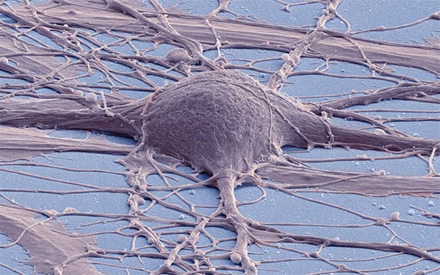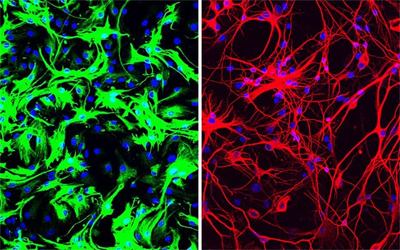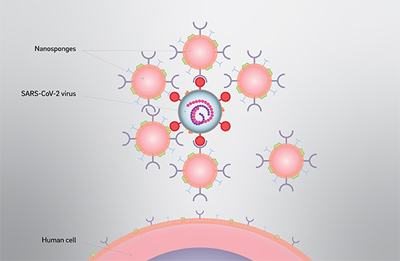Animals play a crucial role in allowing biomedical researchers to battle disease and develop lifesaving treatments for humans. As a major research institution and center of excellence we provide our researchers with the facilities and support in which to maintain their research animals according to the highest standards of care.
UC San Diego is one of the nation’s leading biomedical research centers and imposes strict protocols for the conduct of research. In terms of federal agency awards for research and development, the campus ranks sixth in the nation and first among other UC campuses, with more than $891 million in federal research funding and $1.54 billion in sponsored research support in fiscal 2021.
In 2020, Academic Ranking of World Universities placed UC San Diego fourth among U.S. public universities on the strength of its research. UC San Diego has helped create more than 40 companies, and licensed over 100 technologies from discoveries in our laboratories, translating knowledge into useful products through the commercialization process. For example, the first biotechnology company in San Diego, Hybritech, was co-founded by a UC San Diego cancer researcher who used mice to develop monoclonal antibodies, which are still used today to treat cancer.
Research News
Designer DNA Therapeutic Wipes Out Cancer Stem Cells, Treats Multiple Myeloma in Mice
UC San Diego News, 1/20/2021
Researchers at University of California San Diego School of Medicine and Ionis Pharmaceuticals are taking a new, targeted approach to myeloma treatment — silencing IRF4, a gene that allows myeloma stem cells and tumor cells to proliferate and survive. Past studies have shown that high IRF4 levels are associated with lower overall survival rates for patients with the disease.

Implanted Neural Stem Cell Grafts Show Functionality in Spinal Cord Injuries
UC San Diego News, 8/5/2020
In a new study, published August 5, 2020 in Cell Stem Cell, researchers at University of California San Diego School of Medicine report successfully implanting highly specialized grafts of neural stem cells directly into spinal cord injuries in mice, then documenting how the grafts grew and filled the injury sites, integrating with and mimicking the animals’ existing neuronal network.

One-Time Treatment Generates New Neurons, Eliminates Parkinson’s Disease in Mice
UC San Diego News, 6/24/2020
Inhibiting a single gene converts many cell types directly into dopamine-producing neurons.
Researchers around the world have tried many ways to generate neurons in the lab, using stem cells and other means, so we can study them better, as well as to use them to replace lost neurons in neurodegenerative diseases,” said Fu, who is a Distinguished Professor in the Department of Cellular and Molecular Medicine at UC San Diego School of Medicine. “The fact that we could produce so many neurons in such a relatively easy way came as a big surprise.”

Nanosponges Could Intercept Coronavirus Infection
UC San Diego News, 6/17/2020
Nanoparticles cloaked in human lung cell membranes and human immune cell membranes can attract and neutralize the SARS-CoV-2 virus in cell culture, causing the virus to lose its ability to hijack host cells and reproduce.
The first data describing this new direction for fighting COVID-19 were published on June 17, 2020 in the journal Nano Letters. The "nanosponges" were developed by engineers at the University of California San Diego and tested by researchers at Boston University.
The UC San Diego researchers call their nano-scale particles "nanosponges" because they soak up harmful pathogens and toxins.

